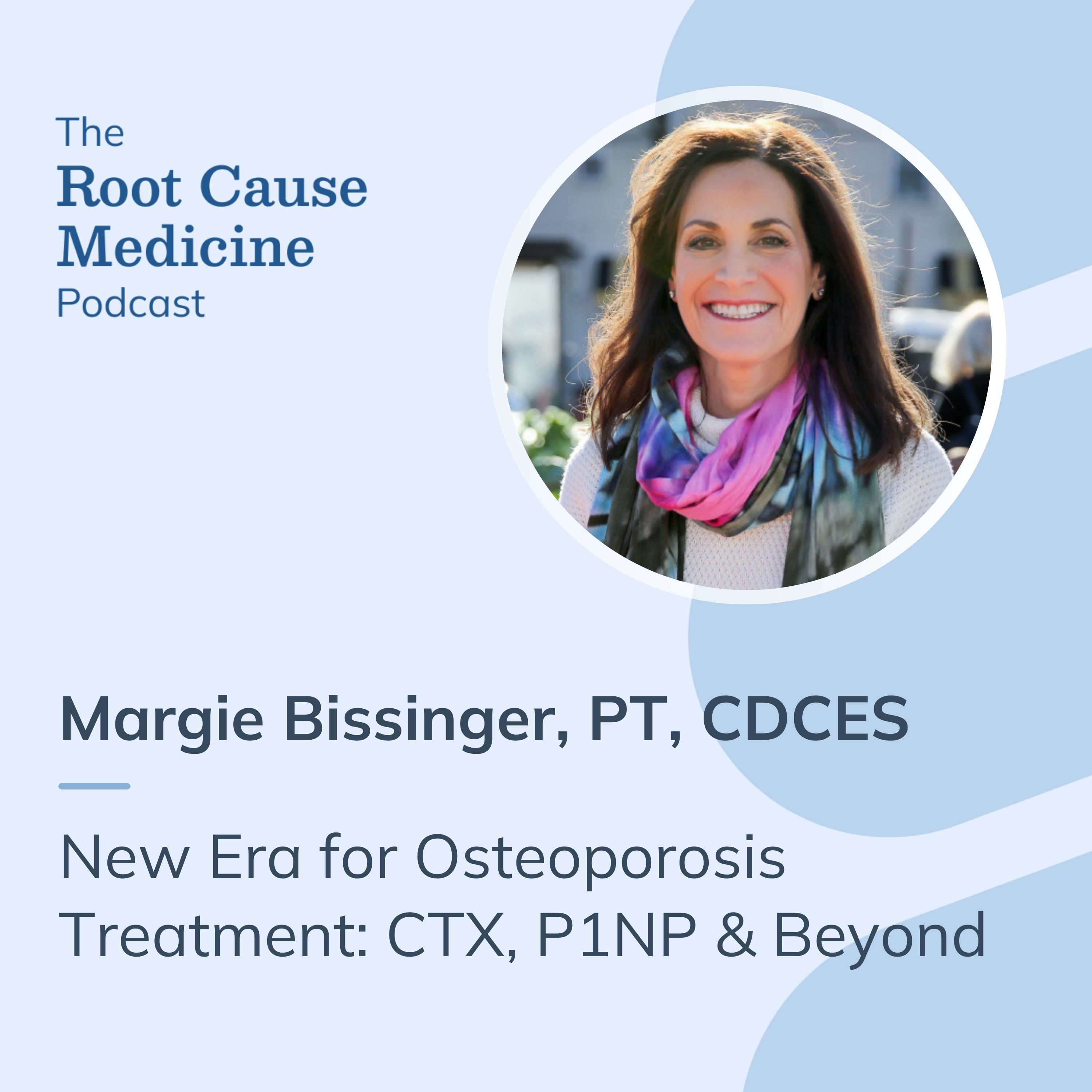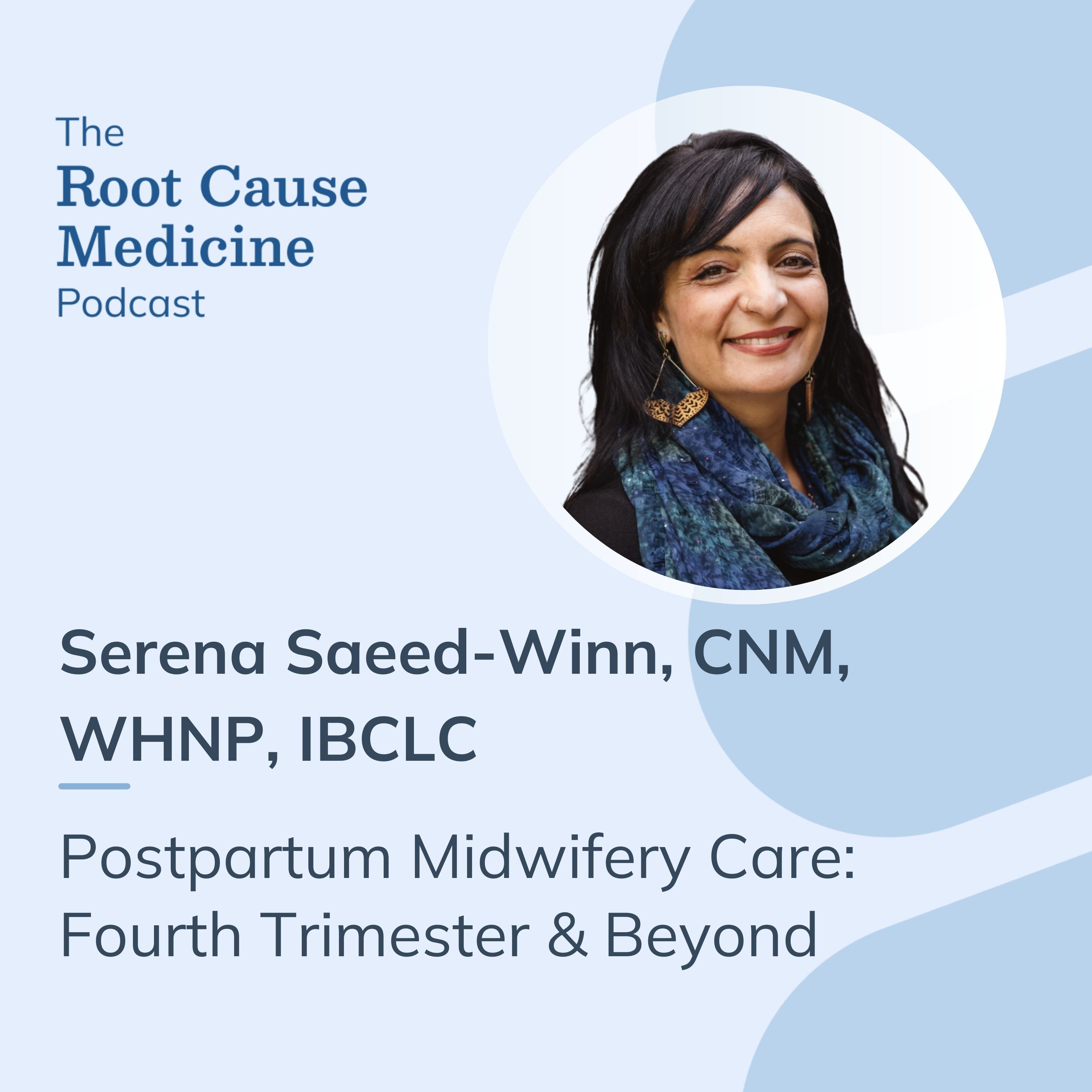In functional medicine, medical practice management is fundamental to the smooth and efficient operation of healthcare facilities. It involves a comprehensive approach integrating patient care, administrative tasks, and financial management.
Effective practice management supports these operations while enhancing the delivery of personalized care, which is central to functional medicine. This article explores the main components of medical practice management within functional medicine, discussing its benefits, challenges, and the technologies that can optimize its implementation.
[signup]
What Is Medical Practice Management?
Medical practice management is the backbone of any healthcare facility, ensuring that all aspects of the practice run efficiently. It encompasses various activities that ensure the practice functions smoothly and effectively.
Medical practice management includes day-to-day administrative tasks, strategic planning, and financial oversight. Its importance stems from its ability to improve operational efficiency, enhance patient care, and ensure the practice's financial stability.
Main Elements of Medical Practice Management
- Administrative Tasks: Involves managing patient appointments, maintaining schedules for healthcare providers, and ensuring that all paperwork, including patient records, is accurately completed and stored. The transition to electronic health records (EHRs) has streamlined this process, making patient information more accessible and secure.
- Financial Management: Covers medical billing and coding processes, managing the revenue cycle, and conducting regular financial reporting and analysis. Proper financial management is essential for securing payments and maintaining the practice's financial health.
- Patient Care Coordination: Focuses on effective communication between healthcare providers and patients, managing referrals, follow-ups, and care plans to improve patient outcomes and satisfaction. This coordination is essential for reducing medical errors and improving the overall quality of care.
- Regulatory Compliance: Ensures the practice adheres to all relevant healthcare regulations and standards, including patient privacy laws and healthcare provider licensing requirements.
- Human Resources Management: Involves hiring, training, and managing staff to ensure the practice is staffed with qualified professionals who meet patients' needs.
Each of these elements plays a role in maintaining a medical practice's efficiency and effectiveness, ensuring that it can provide high-quality care to its patients while remaining financially sustainable.
3 Key Functions of Medical Practice Management
Medical practice management is a multifaceted field that ensures the smooth operation of healthcare facilities. This section explores its primary functions, focusing on administrative tasks, financial management, and patient care coordination.

1. Administrative Tasks
Efficiently organizing patient appointments and managing schedules for healthcare providers is a core responsibility of medical practice management. Proper scheduling ensures that healthcare providers can see as many patients as possible without compromising the quality of care.
Maintaining and ensuring accurate and up-to-date patient records is another critical administrative task. The transition to EHRs allows for quick retrieval of patient histories, ensuring that healthcare providers have the information they need to deliver appropriate care.
2. Financial Management
The financial health of a medical practice relies heavily on effective billing and coding. This process involves accurately translating medical services into codes that generate bills for insurance companies and patients.
Managing the revenue cycle starts with patient registration and continues to the final payment. Regular financial reporting and analysis are necessary to monitor the practice's financial health, identify trends, and make informed decisions.
3. Patient Care Coordination
Effective communication between healthcare providers and patients is essential for patient care coordination. This involves ensuring that all healthcare team members are informed about the patient's condition, treatment plans, and any changes in their status.
Managing referrals, follow-ups, and care plans is crucial for positive patient outcomes. Practice management ensures that patients receive timely referrals to specialists when needed and that care plans are implemented effectively.
3 Benefits of Effective Medical Practice Management
Effective management within a medical practice offers numerous advantages that extend across various aspects of the operation. This section explores the key benefits of implementing strong medical practice management strategies.
1. Improved Efficiency
A well-managed medical practice can significantly enhance operational efficiency. By streamlining patient scheduling and appointment management processes, practices can reduce wait times and ensure patients receive timely care. Effective management also leads to better utilization of staff and resources, allowing healthcare providers to focus more on patient care.
2. Financial Stability
Proper billing and coding and effective revenue cycle management are key drivers of financial stability in medical practice. Accurate coding ensures that services are billed correctly, reducing the likelihood of claim rejections. In addition to improving revenue, effective management can help control costs by identifying areas where expenses can be reduced.
3. Better Patient Outcomes
Coordinated care and effective communication between healthcare providers and patients are essential for positive patient outcomes. When care is well-coordinated, patients receive the proper treatment at the right time, reducing the risk of complications.
Patient satisfaction plays a significant role in a medical practice's success, leading to better retention rates and positive word-of-mouth referrals.
4 Challenges in Medical Practice Management
While effective medical practice management brings numerous benefits, it also comes with challenges, particularly in the face of rapidly advancing technologies and evolving industry standards. Below are some of the key challenges that medical practices may encounter:
- Adoption of New Technologies: Implementing new systems, such as EHRs and telemedicine platforms, can be complex and costly. Integrating these technologies requires significant time and financial investment into existing practice workflows.
- Data Security and Privacy Concerns: With the adoption of digital tools, practices must ensure that patient data is secure. Compliance with regulations like HIPAA becomes more challenging as the risk of cyber threats increases.
- Interoperability Issues: Ensuring that new technologies work seamlessly with existing systems is often difficult. Lack of interoperability can result in fragmented care and inefficiencies.
- Continuous Staff Training: As technology and healthcare standards evolve, ongoing training is essential. Staff must be continually educated on the latest tools and best practices to maintain efficiency and compliance.
Tools and Technologies in Medical Practice Management
Various tools and technologies have been developed to manage medical practices effectively, responding to the challenges mentioned. They are designed to streamline operations, optimize efficiency, and enhance patient care.
Practice Management Software
Practice management software is a comprehensive tool designed to support a medical practice's daily operations. These systems usually offer features like scheduling, billing, and reporting, which are essential for the smooth functioning of the practice.
By integrating these functions into a single platform, practice management software can significantly streamline operations and improve overall efficiency.
Electronic Health Records (EHRs)
Integrating Electronic Health Records (EHRs) with practice management systems has revolutionized patient information storage and access. EHRs are digital patient charts that offer real-time, patient-centered records accessible to authorized users across different healthcare settings.
EHRs also facilitate easier information-sharing among healthcare providers, enhancing the continuity of care.
Telemedicine Solutions
Telemedicine has become an increasingly important component of medical practice management, offering new ways to deliver care remotely.
- Increased Access to Care: Patients in remote or underserved areas can access healthcare services without the need to travel long distances.
- Convenience: Telemedicine provides patients with the flexibility to visit with healthcare providers from the comfort of their homes.
- Cost Savings: Reduces the overhead costs associated with in-person visits, such as facility costs and administrative staffing.
[signup]
Key Takeaways
- Medical practice management is vital to ensuring the efficiency, financial stability, and quality of care in healthcare facilities.
- Essential functions such as administrative tasks, financial management, and patient care coordination are critical for smooth operations.
- Effective management brings significant benefits, including reduced wait times, increased revenue, and improved patient outcomes.
- However, challenges such as integrating new technologies and maintaining continuous staff training must be addressed.
- Leveraging tools like practice management software, EHRs, and telemedicine solutions is vital for overcoming these challenges and achieving success.












%201.svg)







